Reconciliation and Harmony
Goal or Myth?
What Am I Talking About?
I’m talking about the process or goal of what gets billed as “Indigenous Recognition” or simply “Reconciliation”. Surely its acceptability and desirability are akin to motherhood: taken as a given must-have and a benefit to society. It’s an ideal that should be an integral part of a seamless Australian society. So why is it – seemingly – the trigger for so much discord?
I’m not sure I can answer that; at least, not without creating more discord. I wouldn’t even like to suggest that the responses from each side of the tragically increasing discordant chasm are likely to be so predictably consonant with their entrenched ideological convictions that one wonders if there is a real commitment from either side to reconcile at all. That might be a bit harsh; and I’m certainly not implying that there isn’t genuine goodwill on the part of players on both sides.
Problems and Solutions
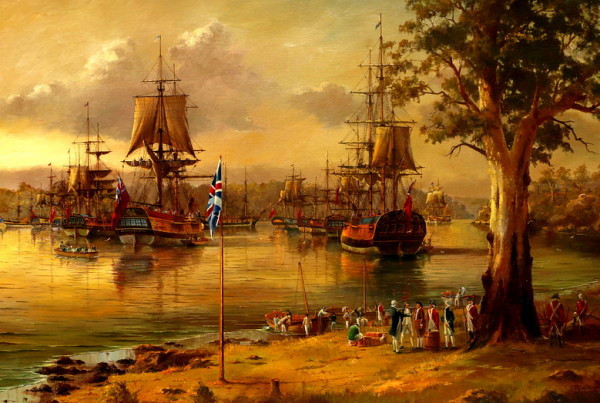 Starting with identifying and analysing the problems or issues would be a good idea. It might seem simplistic but surely the starting point has to be “here and now.” Not 65,000 years ago; and not 1770 or 1788. It’s already evident that too many people are too ready to nitpick and/or distort past events, including with emotive terminology, whether they relate to indigenous settlement, habitation and history; or European settlement, habitation and history; or, perhaps more pertinently, the interaction of the two.
Starting with identifying and analysing the problems or issues would be a good idea. It might seem simplistic but surely the starting point has to be “here and now.” Not 65,000 years ago; and not 1770 or 1788. It’s already evident that too many people are too ready to nitpick and/or distort past events, including with emotive terminology, whether they relate to indigenous settlement, habitation and history; or European settlement, habitation and history; or, perhaps more pertinently, the interaction of the two.
We can focus on the past – as some would wish – and delve into and dust out all the crevasses; and we inevitably end up with frustration, anger, resentment and offence – all round! Followed by superficial petitions, hollow gestures, unfulfillable demands, strident clarion calls and dogged rejections. Not much space left for mutual understanding, respect, reconciliation or harmony.
That’s not to say the past is irrelevant or should be dismissed. It’s a key driver but it is the past; and it’s the future that’s important.
The Issues Confronting Us
Social Inclusion
I think the most fundamental and demanding issue is the social, economic and psychological welfare of the seriously disadvantaged in society. While there are undoubtedly people of all backgrounds that might qualify, it’s the large numbers of indigenous people especially in remote communities but often on the fringes of town and city society that highlight failures in this area. The responsibility for those failures is a widely shared one amongst governments, welfare and education services, indigenous leaders and organisations, the indigenous people themselves and probably all of us who are either ambivalent, disinterested or overly distracted by narrow, blinkered agendas.
No amount of posturing by activists, councils, indigenous leaders, self-appointed spokespeople or agitators of any colour or creed will have any real or lasting effect on that issue.
Governments on both sides have tried with genuine and honest intentions but are often impeded by their philosophical hang-ups. Indigenous leaders have sort to address the issue substantively but are often frustrated by competing perceptions of social independence. There are brave and committed people within the affected communities who work hard to improve the lot of all but are often hampered by lack of support or the intervention of others protecting vested interests.
Recogniton
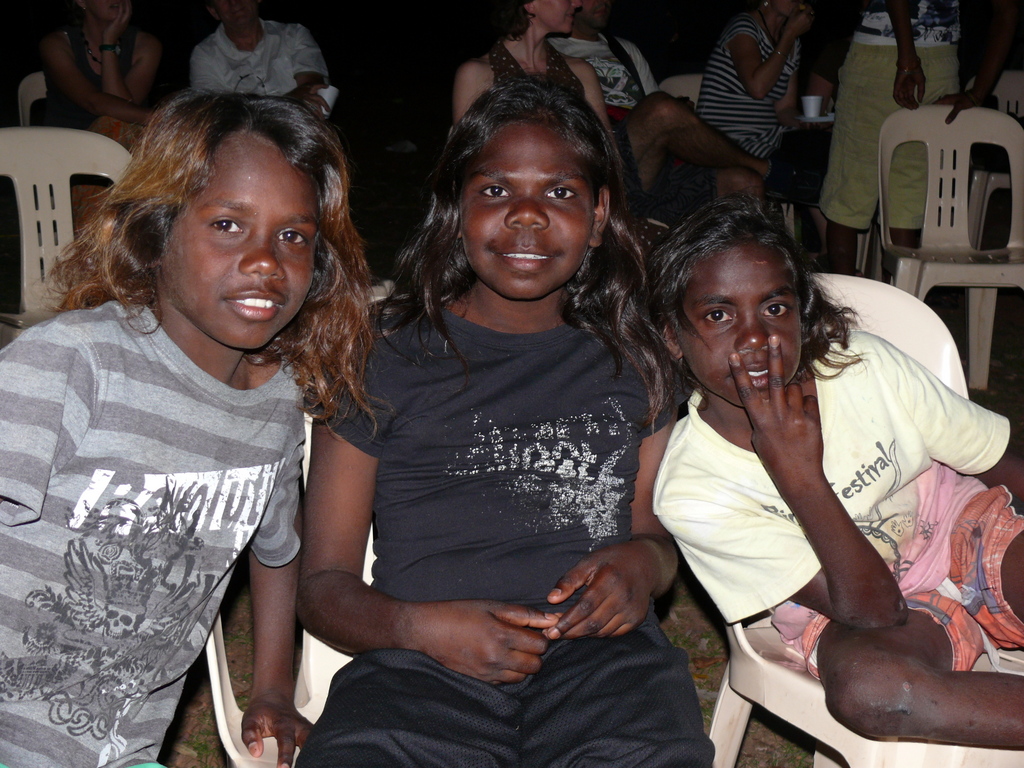 Secondary issues that must also be addressed include recognition. It doesn’t really have to be within the constitution. Seriously. However, given our constitutional history and the momentum that has been created for some form of constitutional recognition, that will need to be the way forward on this issue. I have no problem with that approach; and never have had.
Secondary issues that must also be addressed include recognition. It doesn’t really have to be within the constitution. Seriously. However, given our constitutional history and the momentum that has been created for some form of constitutional recognition, that will need to be the way forward on this issue. I have no problem with that approach; and never have had.
The question then becomes what form should such recognition take.
There’s been so much said and written – both constructive and fanciful – especially in the context and aftermath of the Uluru Statement from the Heart that I don’t want to rehash any of that or try and re-invent the wheel. But it’s hard to avoid such pitfalls altogether.
I was once an unqualified supporter of constitutional recognition until I read an article in the media jointly written by two indigenous members of the advisory panel on the issue. That was probably a couple of years back. But what leaped out of every second (short) paragraph was the word "racism" or "racist". The tenor of the argument was that constitutional recognition was all about getting back at perceived white racism. That was a jolting revelation.
I wasn't put off the merits or need for constitutional recognition; but just a bit more cautious and realising I needed to follow the issues more closely.
But the Statement from the Heart – perhaps because it was from the heart rather than the head – includes some worrying words. To "empower" our people? Why "empower"? What does it mean in practical terms? It's become a mantra of one of the currently more outspoken TV commentators. But why should indigenous people be "empowered" beyond what anyone else is? Then it goes on to talk about taking “a ‘rightful’ place in our own country”. History can be cruel, but the undeniable reality is that it's our country too, whether descendants of early settlers, post WWII settlers or 21st century settlers. In fact, it would be much better and more accurate to say it's "our country" whether our forebears arrived 65,000, 30,000, 1,000, 200, 100, 50, 10 or 1 year ago! But it's the "rightful" bit that's enigmatic. What does it mean - apart from some advocating that it means a “voice enshrined in the constitution?” Whatever that means: some sort of quasi-parliamentary role? And why is any of this “rightful?”
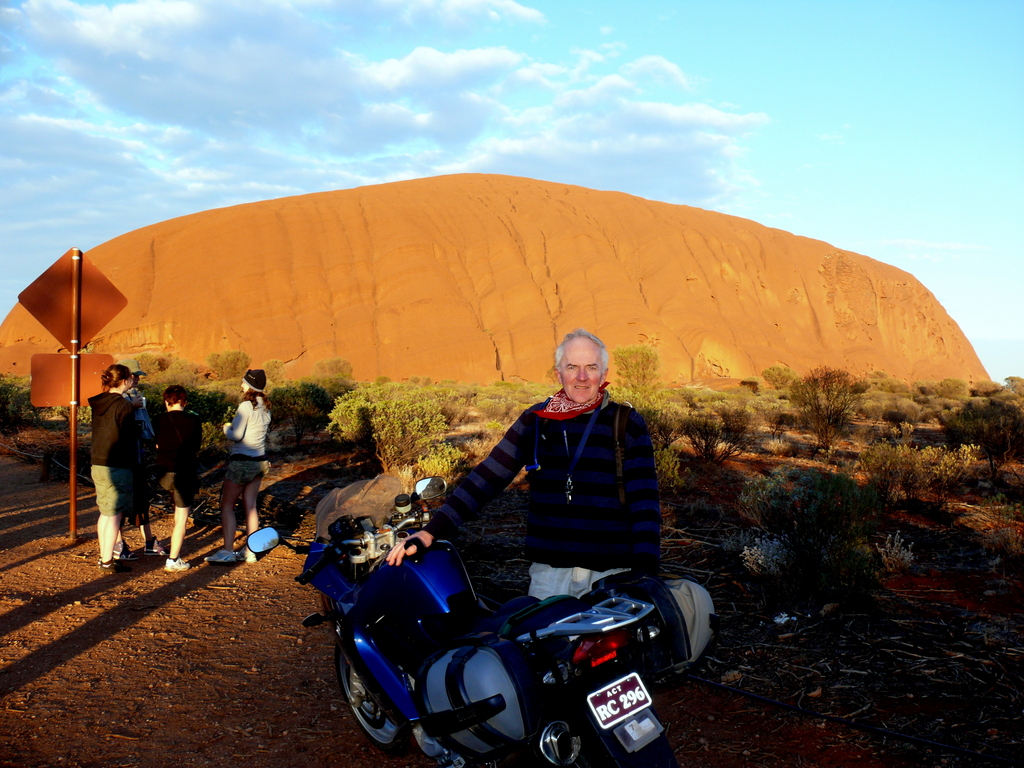 Length of occupancy is not an answer. Nor is attachment to the land. Uluru comes to mind in that context.
Length of occupancy is not an answer. Nor is attachment to the land. Uluru comes to mind in that context.
I was struck when visiting Uluru by the number of messages from the local Aboriginal people requesting that you not climb Uluru because it is a sacred place for them. The Mala men at the time of creation walked up the rock at the place of today’s climb. They conducted a ceremony at the top. On the other hand, Uluru is also sacred, in a sense, to all of us. It epitomises the Outback, which, in turn, captures the Spirit of Australia as much as anything, even though most of us live along the coast and its hinterland areas. The rock was there, right where it is now, for millions of years before the first Aboriginals arrived. So who has claim? Shouldn’t we both have claim? We all have our sacred sites, be they churches, mosques, synagogues, temples, burial places or ceremonial venues; and we should all respect one another’s sacred places. But it’s a more difficult issue when one group wants to exclude another that also has legitimate claims, especially when the exclusion not only relates to a natural phenomenon rather than a built one, but is based on mythology. I don’t say that disparagingly. All races and religions have their mythology that they value. It’s just a matter of a practical, realistic and fair balance.
But that’s straying a little from the main theme here, although it is illustrative of the need for better mutual respect and understanding rather than pampering exclusively to one side’s or the other’s agendas.
A within-the-constitution statement recognising the first inhabitants and their role in the historical guardianship of this great land might be all too readily dismissed by a conference of indigenous leaders geeing one another up for the "top price" but the top price is clearly overreach. It's also a red herring, if not downright disingenuous, to argue that an advisory body somehow hanging off the parliamentary structure is little more than what we've got and had, as has been argued. Any decision by the parliament or, more pertinently, by the government that did not accept the recommendations of the so-called advisory body would become an instant rallying point for all who perceive themselves as disaffected. We'd soon end up in a more divisive society when we're trying to bridge the (mostly artificially constructed) divide.
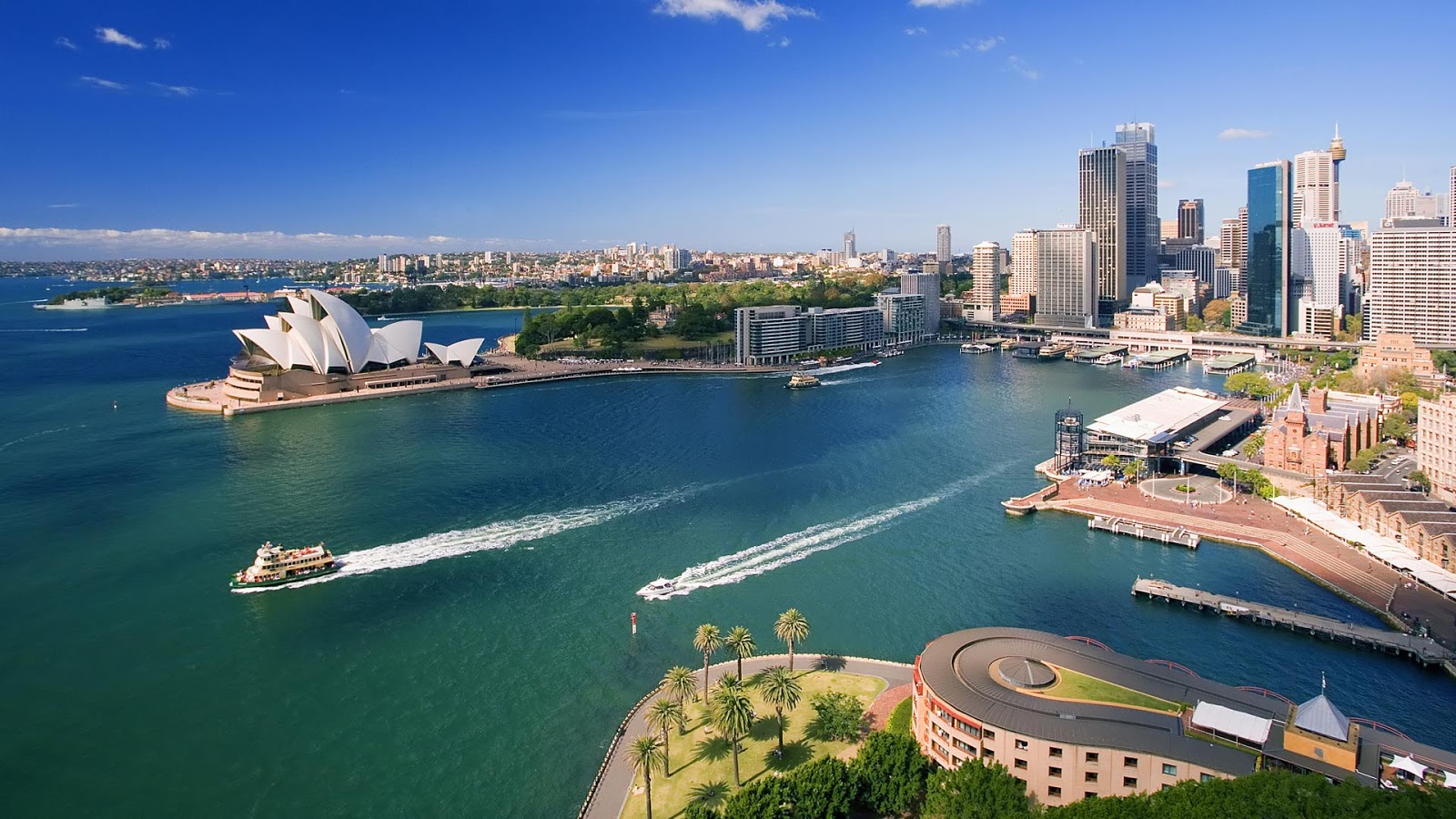 That divide can easily become a chasm with (probably) well-meaning activists decrying invasion day and Australia Day and statues and inscriptions and whatever other emotive but essentially peripheral issues (peripheral to the fundamental social issues mentioned above) they run with to satiate either their own agendas or the perceived agendas of their constituencies.
That divide can easily become a chasm with (probably) well-meaning activists decrying invasion day and Australia Day and statues and inscriptions and whatever other emotive but essentially peripheral issues (peripheral to the fundamental social issues mentioned above) they run with to satiate either their own agendas or the perceived agendas of their constituencies.
The concept of a treaty or “makarrata” while maybe aspirationally attractive is, to put is respectfully but bluntly, little more than window-dressing, with the expectation that the consideration (the quid pro quo) from the government will be forever-finance. The financial input has been and will undoubtedly continue to be great. The challenge – as yet far from met – is to utilise it effectively.
Who Helps and Who Hinders?
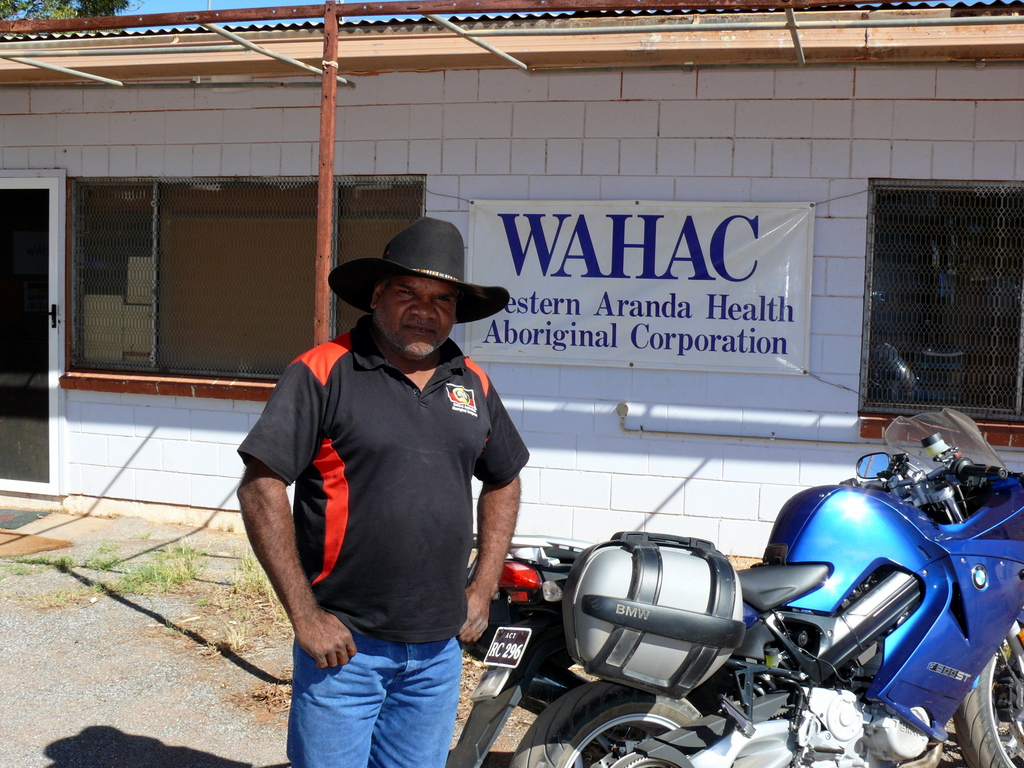 It’s axiomatic to say that nearly everyone will think he or she is a helper and those who take any other view is a hinderer. Not unlike as with other social issues. There’s a bit of both politics and human nature in that. The challenge is to recognise with some modicum of objectivity who might be more part of the solution than part of the problem and vice versa.
It’s axiomatic to say that nearly everyone will think he or she is a helper and those who take any other view is a hinderer. Not unlike as with other social issues. There’s a bit of both politics and human nature in that. The challenge is to recognise with some modicum of objectivity who might be more part of the solution than part of the problem and vice versa.
Let me hasten to say I’m not claiming to be the owner or arbiter of objectivity.
But I think that high up on the list of helpers are those stand-out people (I suspect more often the women) from within the most disadvantaged indigenous communities who put their lives on the line to improve the plight of their families and communities. They merit much greater support from all, especially the indigenous leaders who have the power to make a real difference.
There are any number of outstanding helpers from other parts of the indigenous spectrum – journalists, commentators, academics, society and organisational leaders – who need to be better listened to and supported. Indigenous politicians have a key role to play but whether they are useful helpers might depend on the degree to which they can step outside their ideological frameworks.
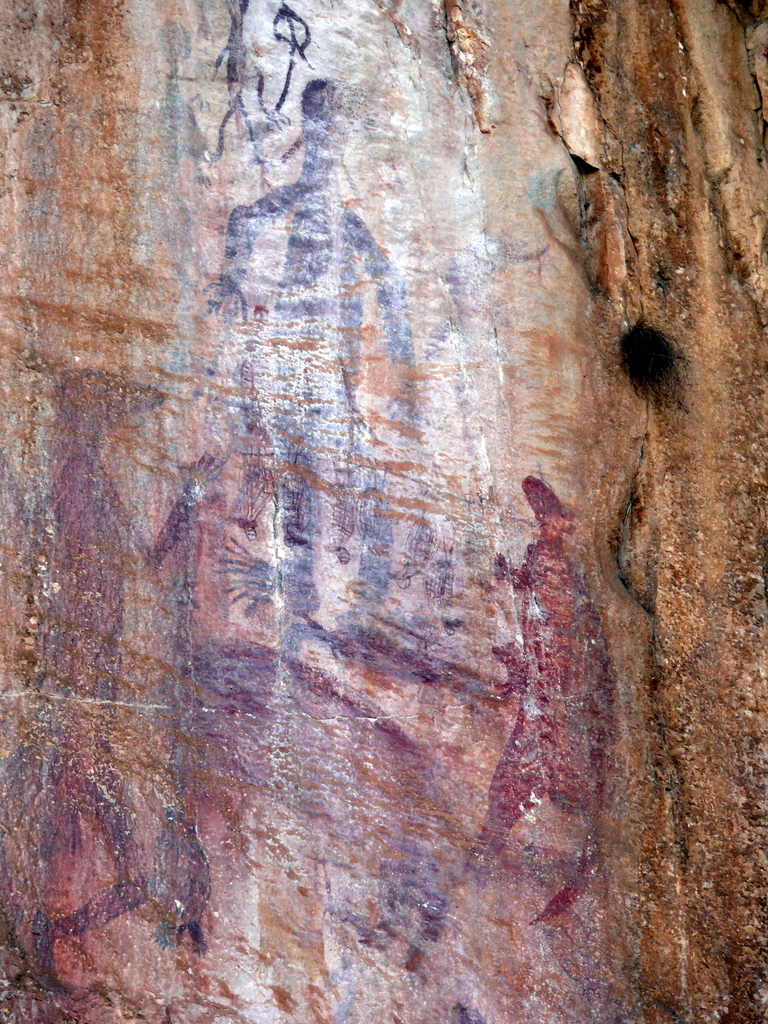
Governments, of course, must be amongst the lead helpers. Sometimes they are. Sometimes they get bogged down in their own self-serving political agendas and don’t even see that for what it is.
Without wanting to sound too negative, I can’t help thinking that the hinderers deliver more damage that the helpers can deliver benefits.
Sadly, although no doubt well-intentioned, some of the people and institutions that one might expect to be outstanding helpers are making themselves more part of the problem than the solution.
This has become all too evident with the recent focus on interpretation and reinterpretation of post 1770 history triggered by emotive and unhelpful comments from a highly respected commentator and his TV channel; but also with the seeming obsession with racism on the part of another TV channel. The very channel that prides itself on multiculturalism and indigenous advancement has so much focus on racism that the inevitable outcomes will be further entrenchment of indigenous disaffection resulting from the attention given to past treatment and non-indigenous resentment from subliminal expectations of feelings of guilt.
We’re not being well served by such hinderers.
Is There Hope for Harmony?
There has to be. But it won’t likely be found in or advanced by personal agendas no matter how well-intentioned. Perhaps the greatest dangers impeding progress to harmony are the roles of those people or institutions who have a public platform or public appeal but would unwittingly lead us all like lemmings to destruction.*
The only realistic course for harmony and a unified future for Australia is for the helpers to step up and take a responsible even-handed and constructive (for all) role in addressing all the issues.
Then, hopefully, with similar constructive approaches rather than the intolerant and divisive currents that flow all too much across the country, we can move onto the other discordant social issues that are hindrances to a seamless society.
Top amongst these are migration especially relating to immigrants and refugees from Muslim countries and the concomitant issue of Islamism and how we should approach it. There's a lot of focus on the former but a reluctance to address openly and dispassionately the latter.
Same sex marriage is another obvious issue; but I despair at the prospects for harmony on that one given the degree of emotion, hysteria and intolerance displayed by too many on both sides of the debate that all but eclipses the sensible moderates from both sides. There’s certainly no readily acquired pot of gold at the end of that rainbow.

*Lemming "suicide" is a frequently used metaphor in reference to people who go along unquestioningly with popular opinion, with potentially dangerous or fatal consequences. Wikipedia.
Return to Top of Page Go to Fireside